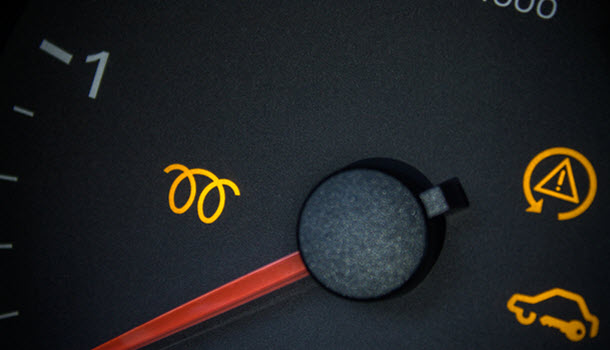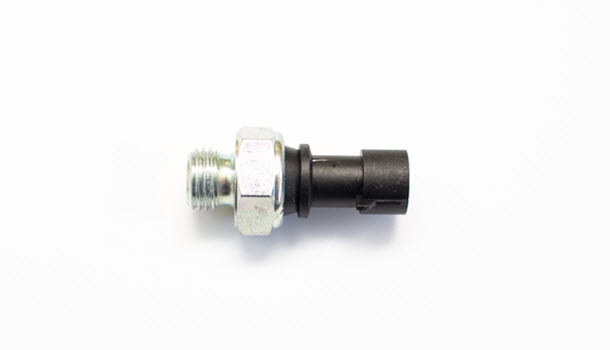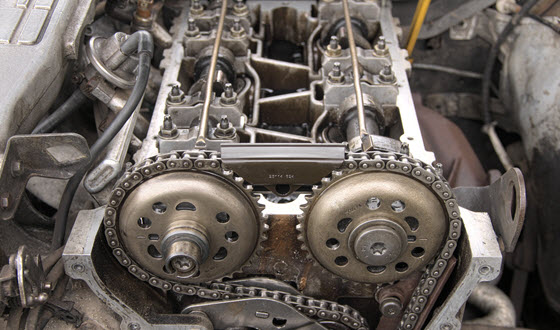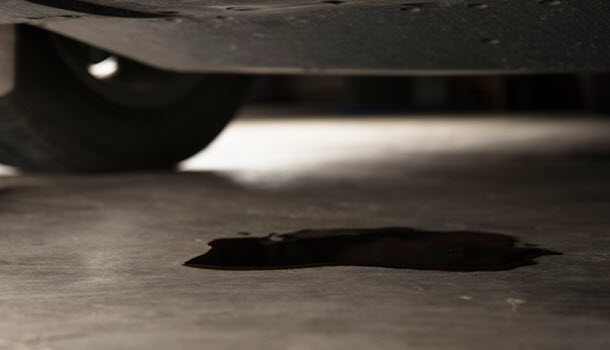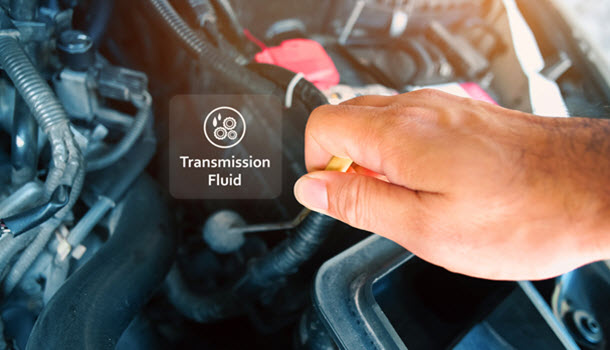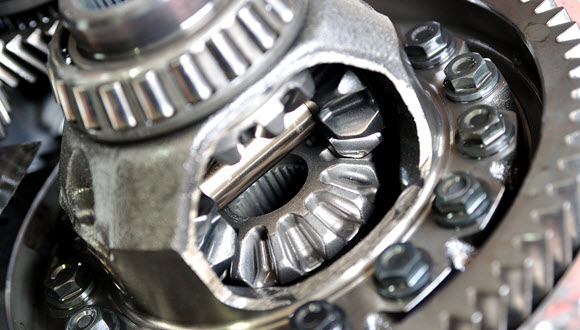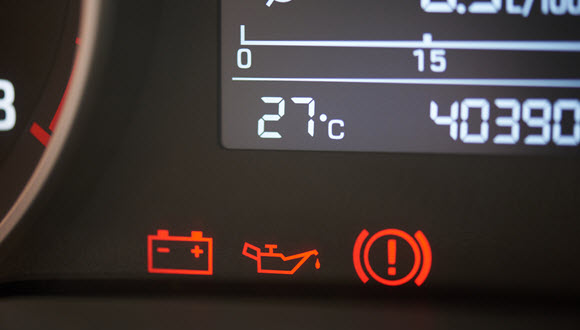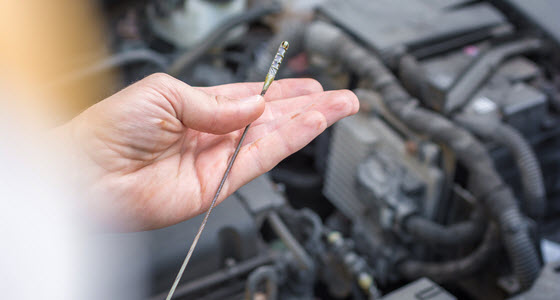Best Dallas Garage for Mercedes Glow Plug Timer Relay Repairs
Posted on | 30 Jan 2025 By Anita Gaal
Has there been a time in the morning when you turned on your Mercedes and realized it took longer to start than usual? It’s quite irritating, and the cause could be a bad glow plug timer relay. The timer relay is one of the most important components of Mercedes’ diesel engine starting system. Most diesel engines do not apply spark plug ignition; rather, they use compression. But when the engine is cold, the fuel-air mixture must be assisted to combust well. That is where glow plugs come in.
The glow plug timer relay regulates the running of the glow plugs and ensures they reach the proper temperature before starting your car. After the engine is warmed up, glow plugs are turned off automatically. Now, let’s go a little deeper into the signs that the glow plug relay is failing and how to prevent this problem so you can continue enjoying your Mercedes.
Symptoms of a Bad Glow Plug Timer Relay
If a relay has gone bad, it might be challenging for the glow plugs to heat adequately, making it difficult to start your car, especially during winter. Your car may experience a check engine light on the dashboard due to issues with the glow plug system or relay. If the engine does start, then you will hear rough running or stuttering as the engine labors to properly combust the fuel. When the glow plugs fail, there can be a problem with incomplete combustion, which, over time, will decrease fuel efficiency.
How to Avoid Glow Plug Timer Relay Failure
- Maintain the Glow Plugs Regularly: Glow plugs are directly associated with the functioning of the timer relay. Sometimes glow plugs are worn out or damaged, and they can put pressure on the relay, leading to its early failure. Check glow plugs at a set schedule and replace them when the manufacturer’s suggested time is due.
- Use High-Quality Diesel Fuel: Poor-quality or contaminated diesel will lead to the accumulation of carbon in the combustion chamber, putting extra stress on the glow plugs and, therefore, the timer relay. Premium diesel fuel decreases carbon deposits and optimizes an engine’s efficiency.
- Ensure Proper Electrical System Maintenance: The glow plug timer relay requires an electrical current to work properly. Check the battery, alternator, and wiring to get the right voltage and not overload the relay. Inconsistent relay operation is common when the connections are loose or corroded.
- Avoid Prolonged Cranking: The glow plug system and the timer relay are also under pressure from the engines over cranking. If the engine does not start after a few seconds, let the system reset itself to avoid cases where it becomes hot or applies too much force to the relay.
- Replace the Timer Relay When Necessary: Like most other electrical components, a well-maintained timer relay can also fail after a certain period of usage. Watch out for indications of a failing relay, such as if it takes a long time for glow plugs to heat up or if the engine is hard to start, and get the relay changed when necessary.
- Perform Regular Engine Diagnostics: Contemporary diesel engines are fitted with circuits capable of identifying problems with the glow plug timer relay or other related components. Carry out tests frequently to identify issues that may cause harm in the future.
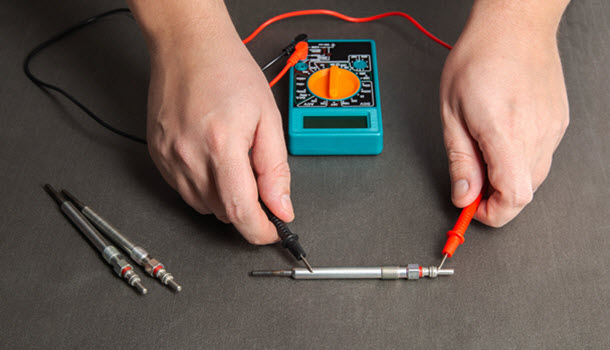
Euro Automotive Remains Your Ideal Mercedes Repair Shop In Dallas
If you have a problem with the glow plug timer relay or any part of your Mercedes diesel system, then we at Euro Automotive are here to assist. Our team of highly trained professional auto mechanics, with years of exposure repairing some of the sophisticated European brands of cars, have all the proficiency and equipment needed to assess and repair any of your complex car problems. We gladly cater to Mercedes vehicles in Dallas and neighboring cities such as Garland, Arlington, and Fort Worth.
Whether you need a basic checkup or a glow plug system replacement, you can be assured of quality service with us. Do not allow a small problem to develop into a large number of repairs. Call Euro Automotive today to ensure your Mercedes runs as it should!





